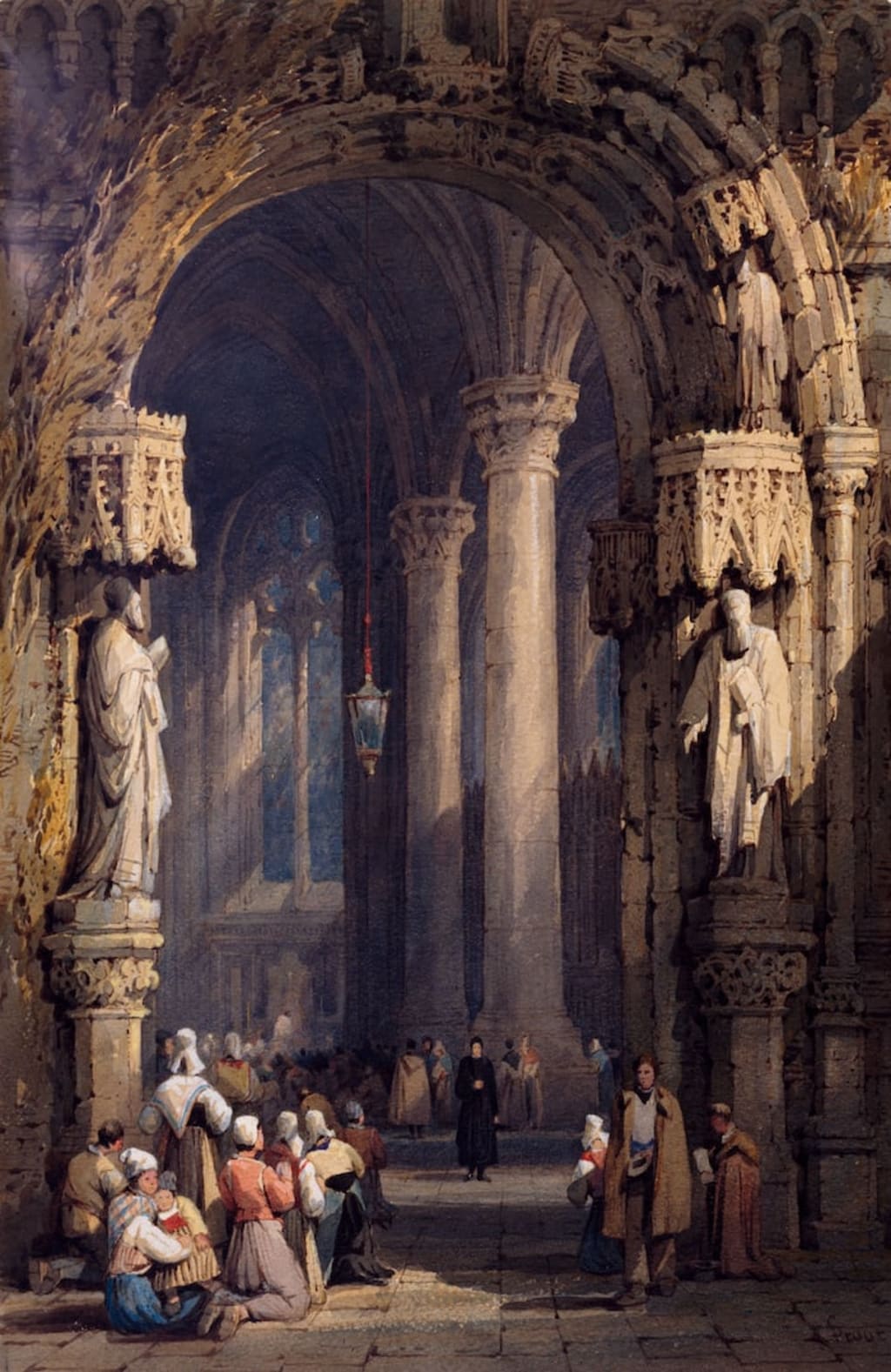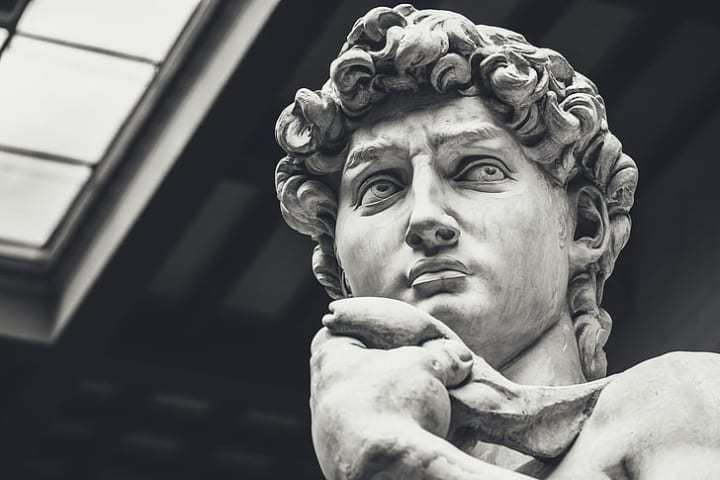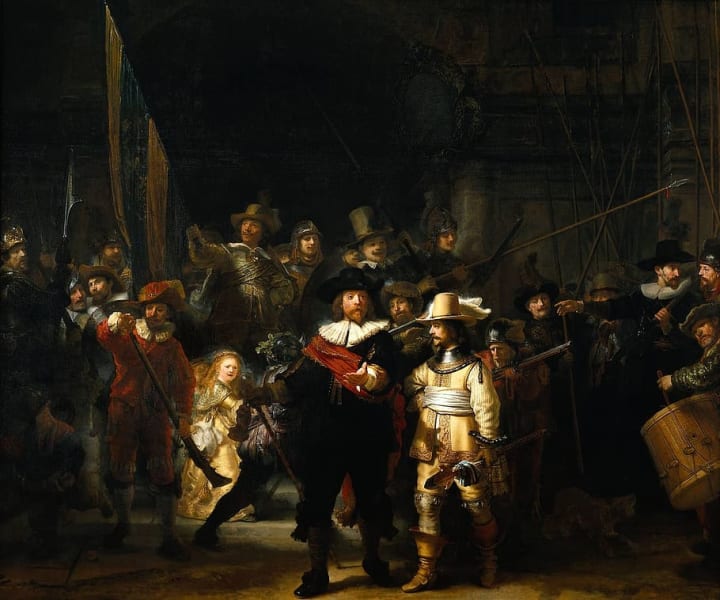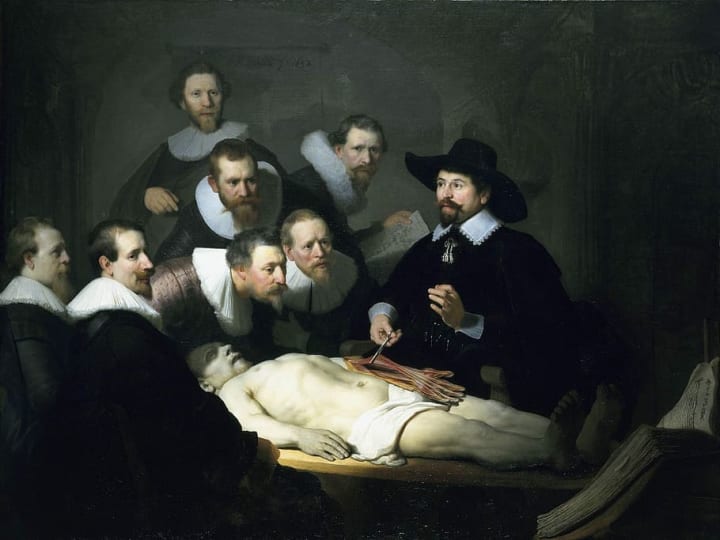The Renaissance: A Resurgence of Human Achievement
Rebirth of Humans

Introduction
The Renaissance, meaning "rebirth," was a remarkable period in European history that spanned from the 14th to the 17th century. It was a time of significant cultural, artistic, and intellectual transformation. The Renaissance marked a departure from the Middle Ages and a revival of classical knowledge, sparking a renewed interest in exploration, science, art, and human potential.The Renaissance, which means "rebirth" in French, refers to a period in European history that spanned roughly from the 14th to the 17th century. It was a time of significant cultural, artistic, and intellectual development following the Middle Ages. The Renaissance originated in Italy and gradually spread to other parts of Europe.
During the Renaissance, there was a renewed interest in the classical Greco-Roman culture, philosophy, and literature. It marked a shift from the predominant religious focus of the Middle Ages to a more secular and humanistic outlook. Humanism, an intellectual movement that emphasized the potential and achievements of human beings, became a central feature of Renaissance thought.
The Renaissance witnessed remarkable advancements in various fields, including art, science, literature, philosophy, and exploration. Artists such as Leonardo da Vinci, Michelangelo, and Raphael produced masterpieces that demonstrated a renewed focus on realistic depiction of the human form and the natural world. In the realm of science, individuals like Nicolaus Copernicus, Galileo Galilei, and Johannes Kepler made groundbreaking discoveries that challenged traditional beliefs and paved the way for modern scientific thought.
The Renaissance also saw the invention of the printing press by Johannes Gutenberg, which revolutionized the spread of knowledge and contributed to increased literacy. The availability of printed books and the dissemination of ideas through publications played a crucial role in the intellectual and cultural developments of the era.
The impact of the Renaissance was profound, and it laid the foundation for the subsequent transformations that shaped the modern world. It brought about new ways of thinking, cultural achievements, and scientific advancements that continue to influence our society today.
Body:
1. Rediscovery of Classical Knowledge :
At the heart of the Renaissance was the rediscovery of classical Greek and Roman literature, philosophy, and art. Scholars and thinkers eagerly sought out ancient manuscripts and works, and through the invention of the printing press, knowledge became more accessible. The revival of classical texts such as the works of Plato, Aristotle, and Cicero fostered a new wave of intellectual curiosity. Ancient ideas about democracy, humanism, and the pursuit of knowledge gained prominence and influenced the development of new philosophies.

2. Humanism and Individualism :
The Renaissance emphasized the importance of human beings and their capabilities. Humanism, a philosophical movement, focused on the potential and worth of individuals. Scholars and artists shifted their attention from religious doctrine to the human experience, celebrating the achievements of individuals and exploring human potential in various fields. Figures such as Leonardo da Vinci embodied the Renaissance spirit with their multidisciplinary talents, embracing art, science, and philosophy.

3. Artistic Revolution :
The Renaissance witnessed a revolution in art, marked by a departure from the stiff, stylized art of the Middle Ages. Artists sought to capture the beauty of the natural world and the human form with a greater sense of realism. Techniques such as linear perspective, chiaroscuro (contrasting light and shadow), and anatomical accuracy transformed artistic expression. Artists like Michelangelo, Raphael, and Botticelli created timeless masterpieces that continue to captivate audiences today. The Renaissance also witnessed the rise of portraiture, allowing artists to depict the individuality and emotions of their subjects.

4. Scientific Advancements and Exploration :
The Renaissance was not only a cultural and artistic movement but also a period of scientific progress and exploration. Scholars like Copernicus, Galileo, and Kepler revolutionized our understanding of the universe, challenging long-held beliefs. Their discoveries, along with technological advancements in navigation and shipbuilding, spurred the Age of Exploration. Explorers like Columbus, Magellan, and Vespucci set sail to chart new territories, expanding geographical knowledge and sparking cultural exchange.
Conclusion :
The Renaissance was a transformative era that left an indelible mark on history. It brought about a revival of classical knowledge, celebrated the potential of individuals, revolutionized art, and advanced scientific understanding. The legacy of the Renaissance continues to inspire and remind us of the power of human achievement, creativity, and intellectual curiosity.





Comments (2)
Very useful and interesting topic, must read it and support for more. Thanks
Interesting... You are so creative bro 👌